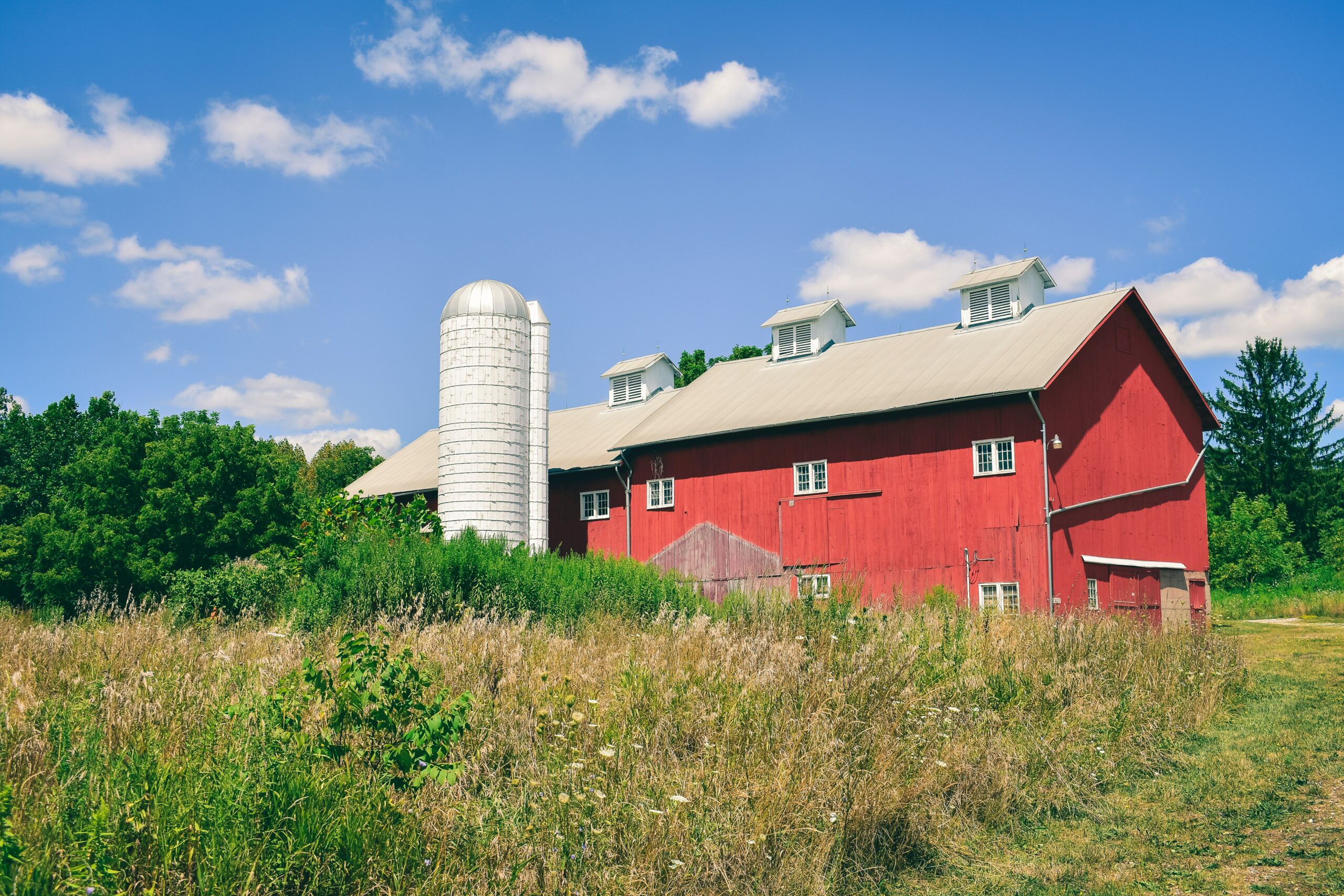Proposal on inheritance taxes would devastate Illinois farmers

With an effective state and local tax rate of 15 percent, Illinois has the highest state and local taxes — almost 39 percent higher than the average U.S. household. It’s no surprise then, that Kiplinger voted Illinois the least-friendly state for middle-class Americans to move to.
According to Illinois Policy’s August jobs data analysis, Illinois’ unemployment rate has flatlined while national unemployment rates have decreased.
Taxpayers shouldn’t plan on any respite from the federal government as a slew of tax increases proposed in Washington might add to our cringeworthy tax bill. While any huge tax increases will generally slow down the pace of economic recovery, planned tax hikes on family-owned small businesses and farms will decimate their operations — and for some, this will be the final nail in the coffin after a very painful 2020.
A proposed new tax known as the Sensible Taxation and Equity Promotion (STEP) Act taxes assets and property like small businesses and family homes that pass from one generation to the next. Currently, family-owned enterprises are bestowed to children upon the owner’s death through a process called the step-up in basis which instantly steps up an asset like a family farm to the current fair market value when a child takes over. By repealing the step-up in basis provision, the child is on the hook for retroactive taxes, going all the way back to when the parent purchased the property — even if it was 50 years ago.
If a $200,000 farm was valued at $3 million upon the original farmer’s death, the IRS would send a bill of upward of $780,000 to the child (taxed at the new proposed capital tax gains rate of 43.4 percent, including the 3.8 percent Net Investment Income Tax, even with the first million dollars being exempt).
Illinois is home to more than 70,000 farm operations, most of them family farms. The tax bill under the STEP Act for farmers would average $726,104 per farm, according to a report released earlier this year by Texas A&M University’s Agriculture and Food Policy Center. This is a massive bill when average net farm income is just below $92,000.
According to Bob Young, former chief economist for the American Farm Bureau Federation, farmers cannot afford this huge tax bill because farming operations are usually cash-poor, so many of them would be forced to sell off assets, lay off employees or shut down operations entirely.
The Family Business Estate Tax Coalition warned that repealing the step-up in basis would cost American 80,000 fewer jobs in each of the first 10 years and a whopping 100,000 fewer jobs annually after that. For every $100 in capital gains taxes paid to the IRS, a worker’s wages would be reduced by $32.
America’s farmers and small business operators are the lifeblood of the American economy, producing much of our food and providing jobs for millions of Americans. Tell Senators Durbin and Duckworth to give Illinoisans hope for a full recovery from COVID-19 by opposing taxes that would hit hardworking middle-class families.

Rodney Weinzierl is executive director of the Illinois Corn Growers Association and a third generation family farmer.
Miss Clipping Out Stories to Save for Later?
Click the Purchase Story button below to order a print of this story. We will print it for you on matte photo paper to keep forever.

